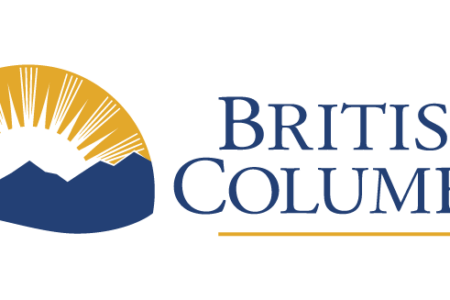COMMENT: Government consultations--is anyone really listening?
On one hand you can’t fault the B.C. government for trying, but on the other hand their enthusiasm for it – consulting British Columbians on public policy and pending legislation that is – seems a little wanting. Gung-ho it’s not.
In the last year, there have been government white papers, discussion papers, no papers but input welcome, questionnaires and form consultations on everything from local elections to booze, electoral boundaries to area-based tree farm licences, and trustee laws to government apologies.
Some of the consultations even took place before legislation was tabled in the legislature.
Last September, the Ministry of Community, Sport and Cultural Development released its white paper on local government elections reform. The consultation period closed seven weeks later.
Now it’s a pretty safe bet that most B.C. families don’t discuss sponsorship of third party election advertising rules in local elections around the dinner table, but one would have thought that the ministry would receive more than 49 submissions.
After all, B.C. does have more than 2,000 local officials, a number that mysteriously grew by 400 or so from the white paper last year to a news release from the minister last month.
The government’s consultation on area-based tree farm licences is doing modestly better with 145 blog comments, 410 mentions on Twitter and 2,507 email submissions. How many of those are individuals posting or emailing more than once? Only the government knows for sure.
Public consultation on Bill 24, the Agriculture Land Commission Act, took a decidedly different tact.
When Energy minister Bill Bennett’s mea culpa for failing to consult didn’t cut it, a new minister was called up from the minors, a few hastily arranged closed-door meetings were thrown together, a passing nod to unsolicited feedback was proffered and then closure invoked to pass the bill with a few amendments tossed in so the government could claim that they’d taken public input into account.
It’s not as though a ‘how to’ manual on government consultations wasn’t readily available. A few years back, then B.C. auditor general John Doyle put together a Coles Notes version for MLAs.
In Public Participation – Principles and Best Practices for British Columbia, Doyle wrote: “Getting public participation right is essential, including striking the right balance amongst competing priorities of government; being clear to the public about what can and what cannot be accomplished in the short term.”
Doyle listed six key principles to best practices, including: authenticity (the decision hasn’t been made), inclusiveness (include stakeholder groups and public affected by the pending decision), transparency (stakeholder groups and public must understand the scope of the pending decision, the process and procedures, and constraints facing the decision-maker) and integrity (decision-maker will address public and stakeholder concerns in an honest and forthright way).
Contrast these principles with comments from Bill Bennett on ministerial colleague Norm Letnick’s belated attempt at consultations on Bill 24: “Am I open to consultation and listening? Absolutely…but I can tell you that government is not interested in fundamentally changing or delaying the bill. The bill will pass.”
There goes authenticity and transparency out the window.
Then there was the letter from Linda Reimer, parliamentary secretary to the minister of Community, Sport and Cultural Development on the ministry’s 125-plus-page white paper on local elections. Dated nearly a month after the paper was released and less than three weeks before submissions closed, it was sent by snail mail a week before the Thanksgiving Day long weekend informing selected stakeholders of the consultation.
So much for inclusiveness.
And finally there was the government’s version of now you see it, now you don’t policy recommendations. First, the government committed itself in the white paper to not changing the three-year term of local officials and then in the dead of night did. All because the single biggest special interest group on the issue – the Union of B.C. Municipalities – changed its mind. Again.
The largest single stakeholder on the issue – B.C. voters – had no say. And there went the integrity principle.
All of which is why the government should also heed one of Doyle’s warnings from ‘Public Participation’: “Getting it wrong simply frustrates all participants – government and the public – and requires time to rebuild the trust required to engage successfully.”
Dermod Travis is the executive director of IntegrityBC. www.integritybc.ca



























Comments